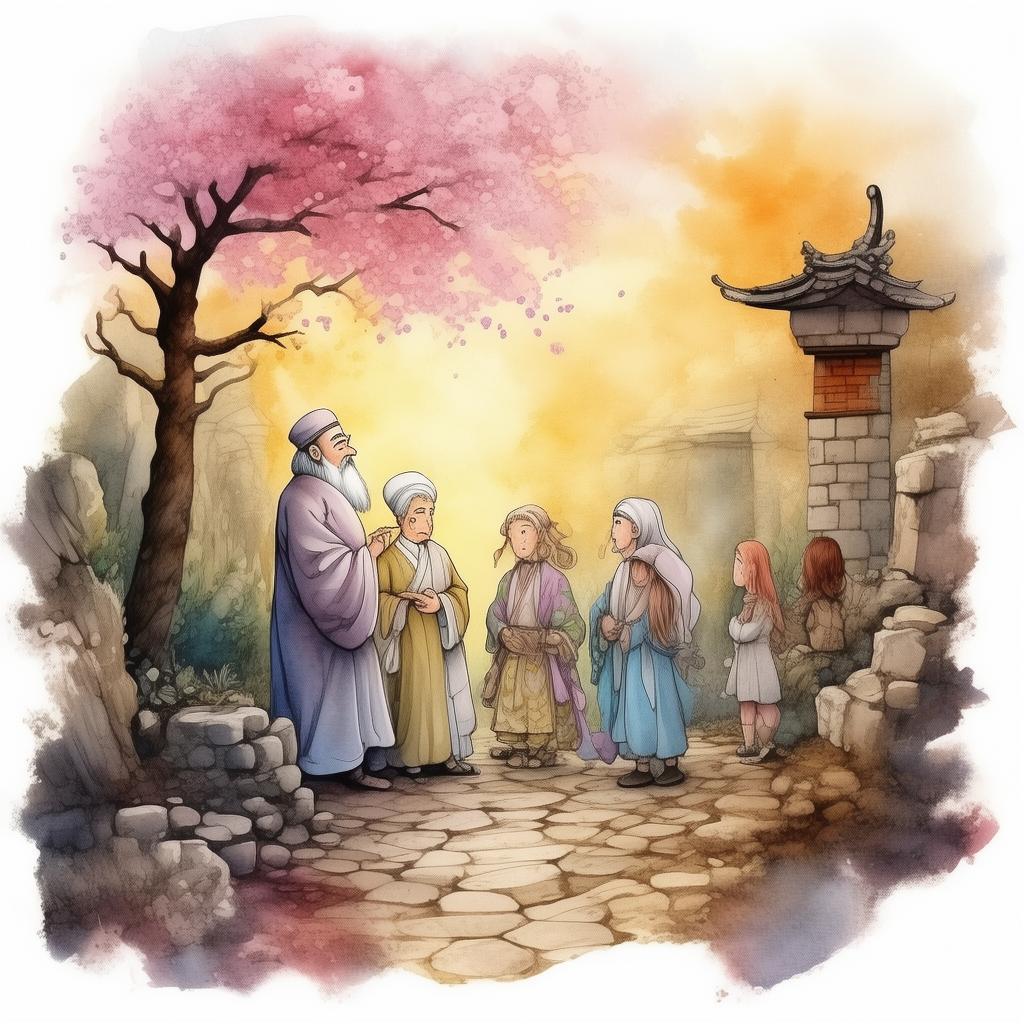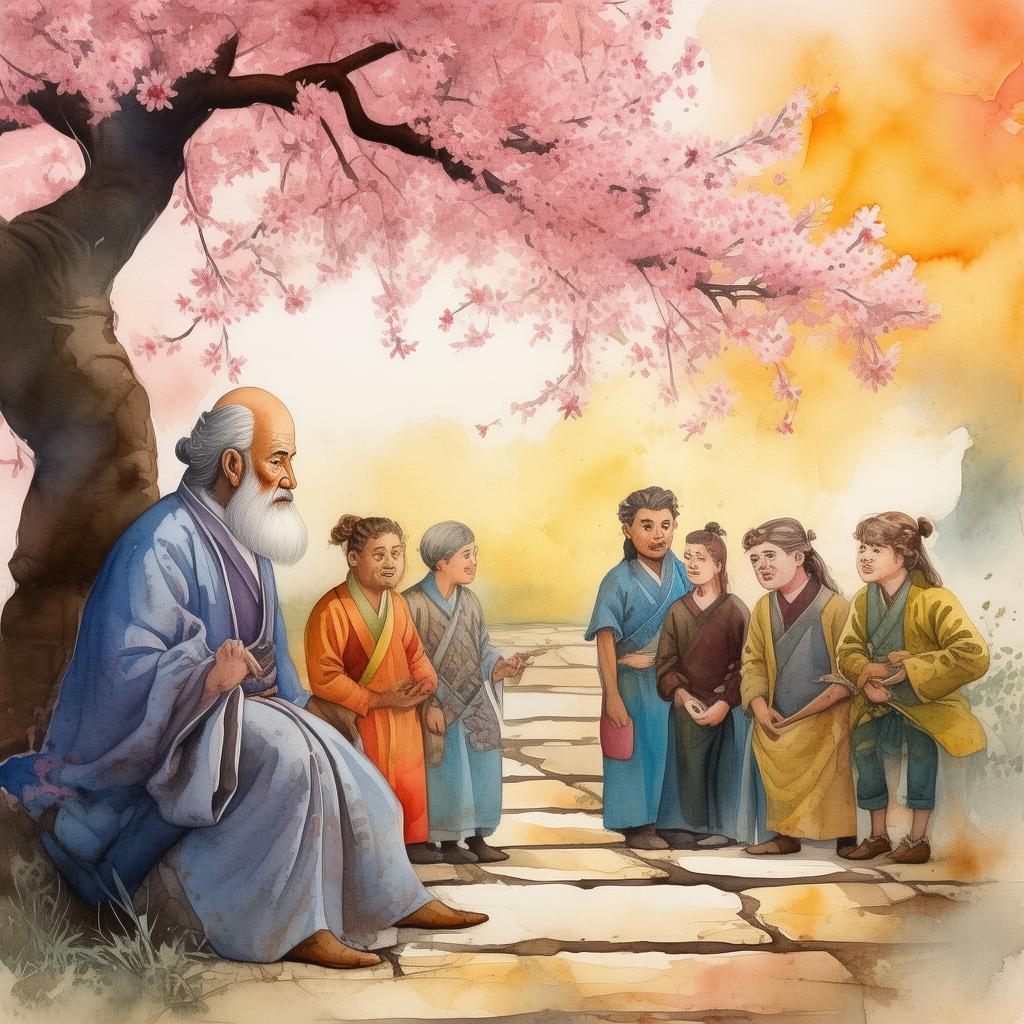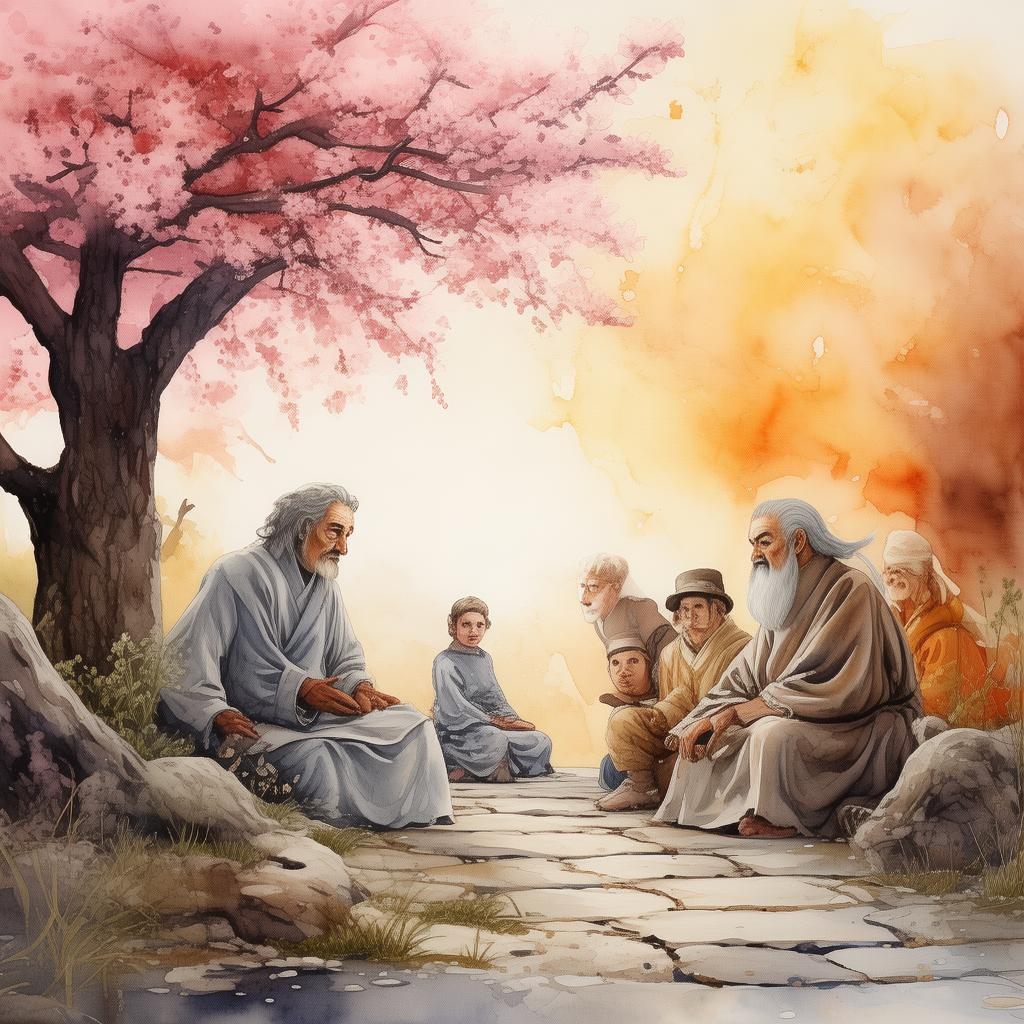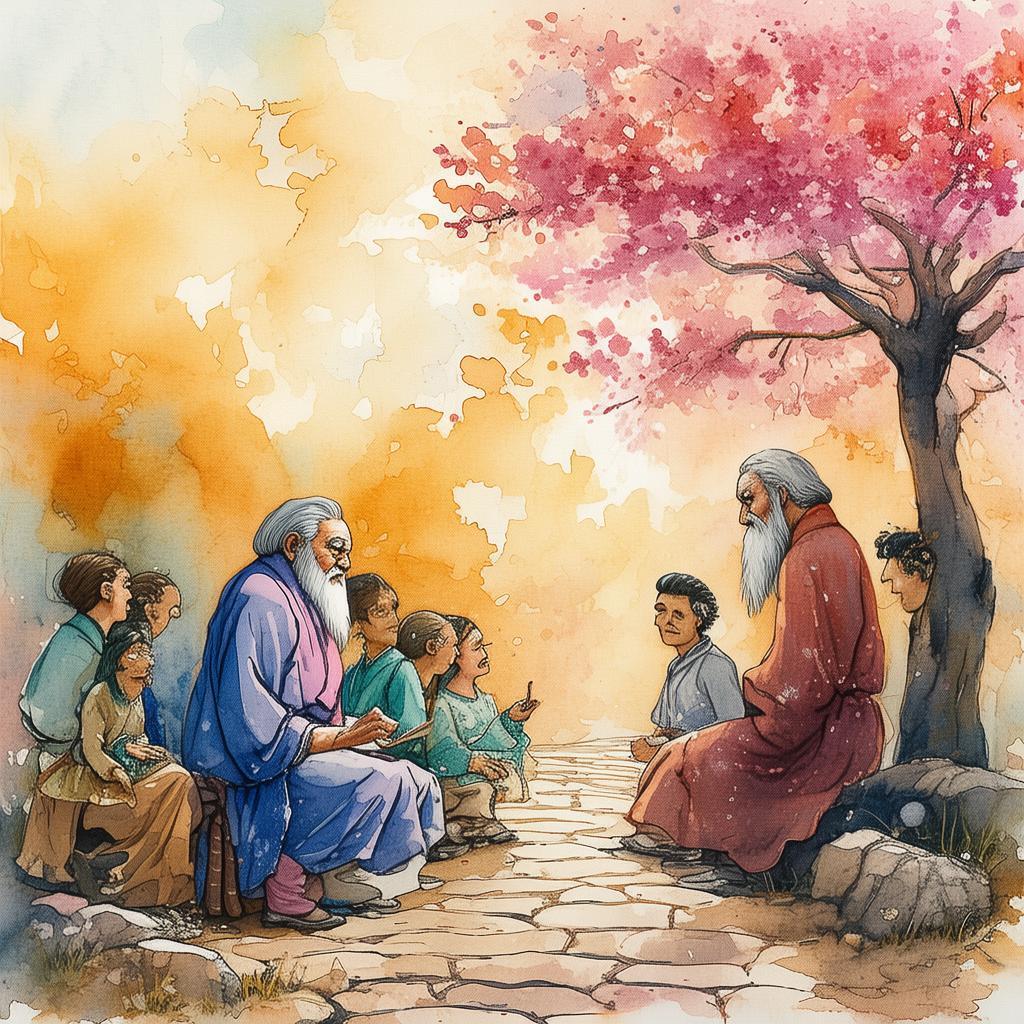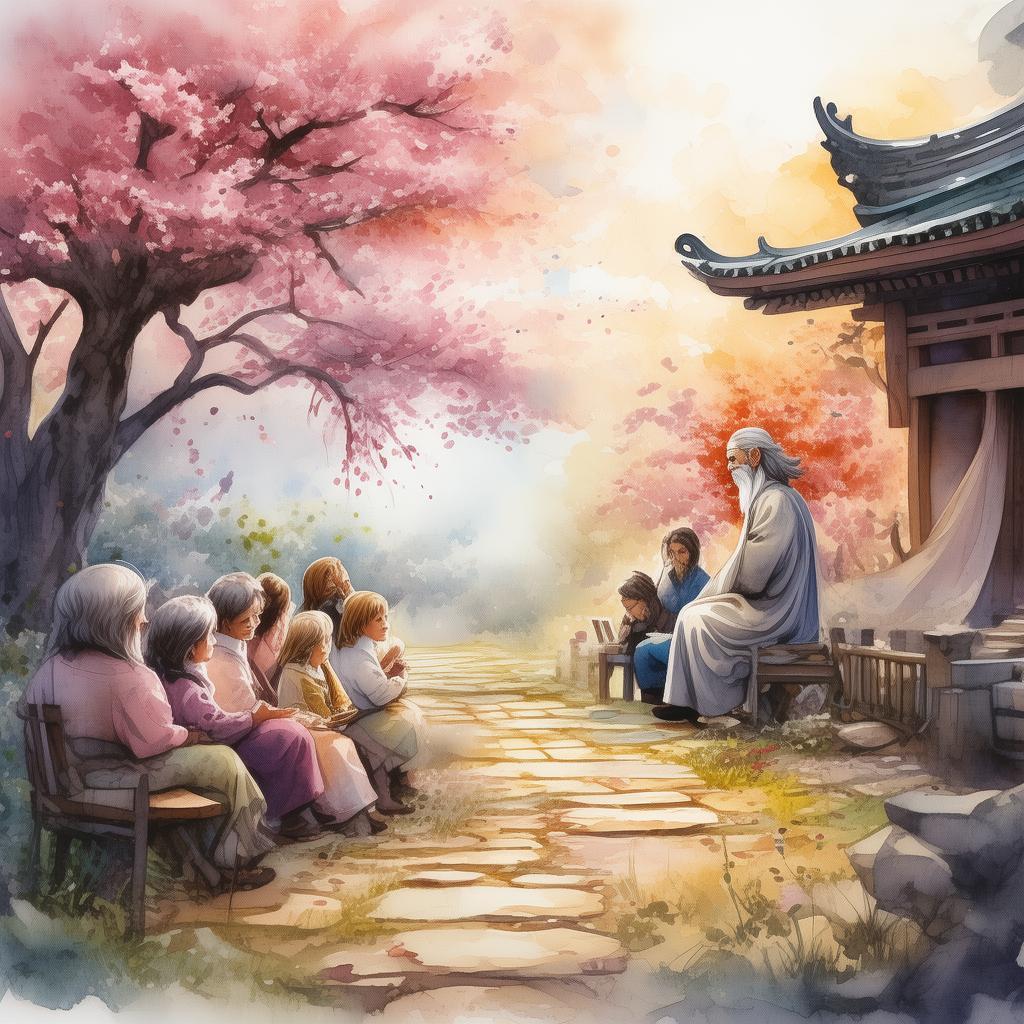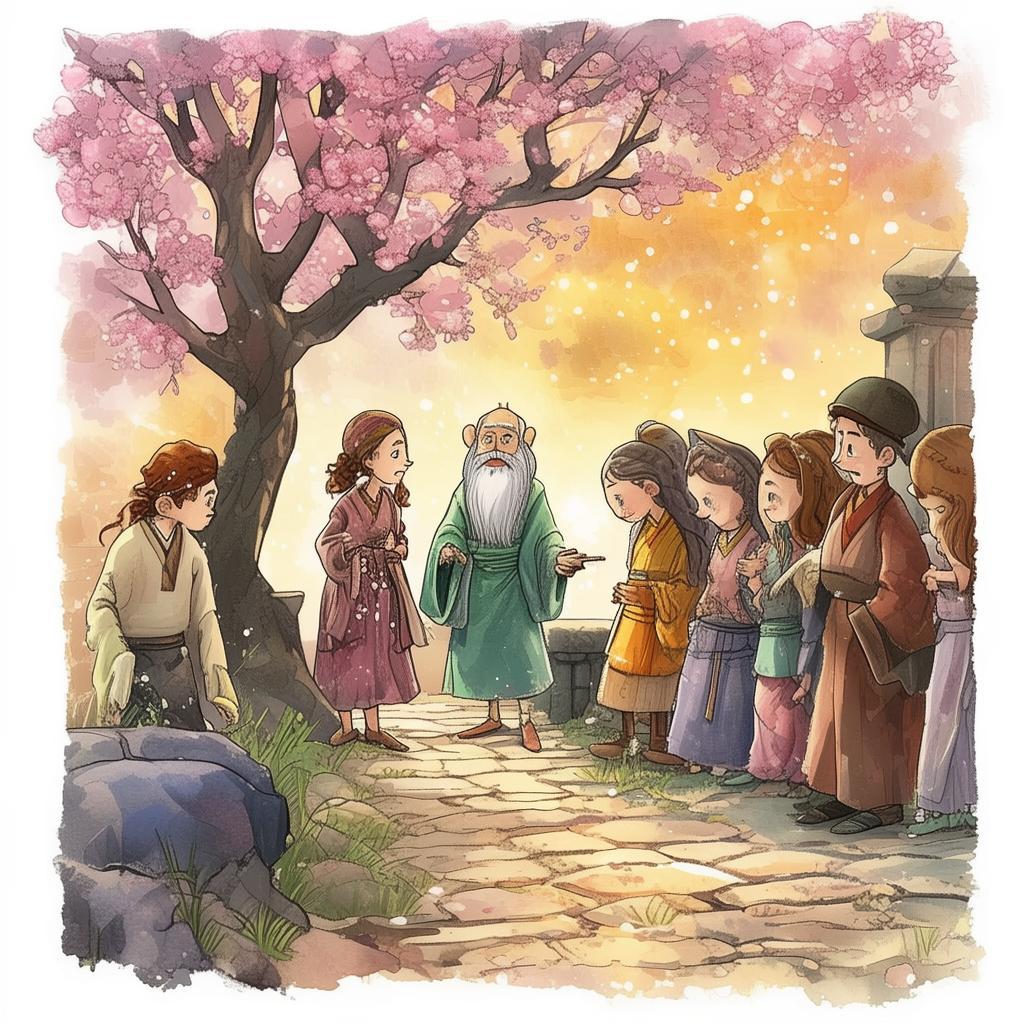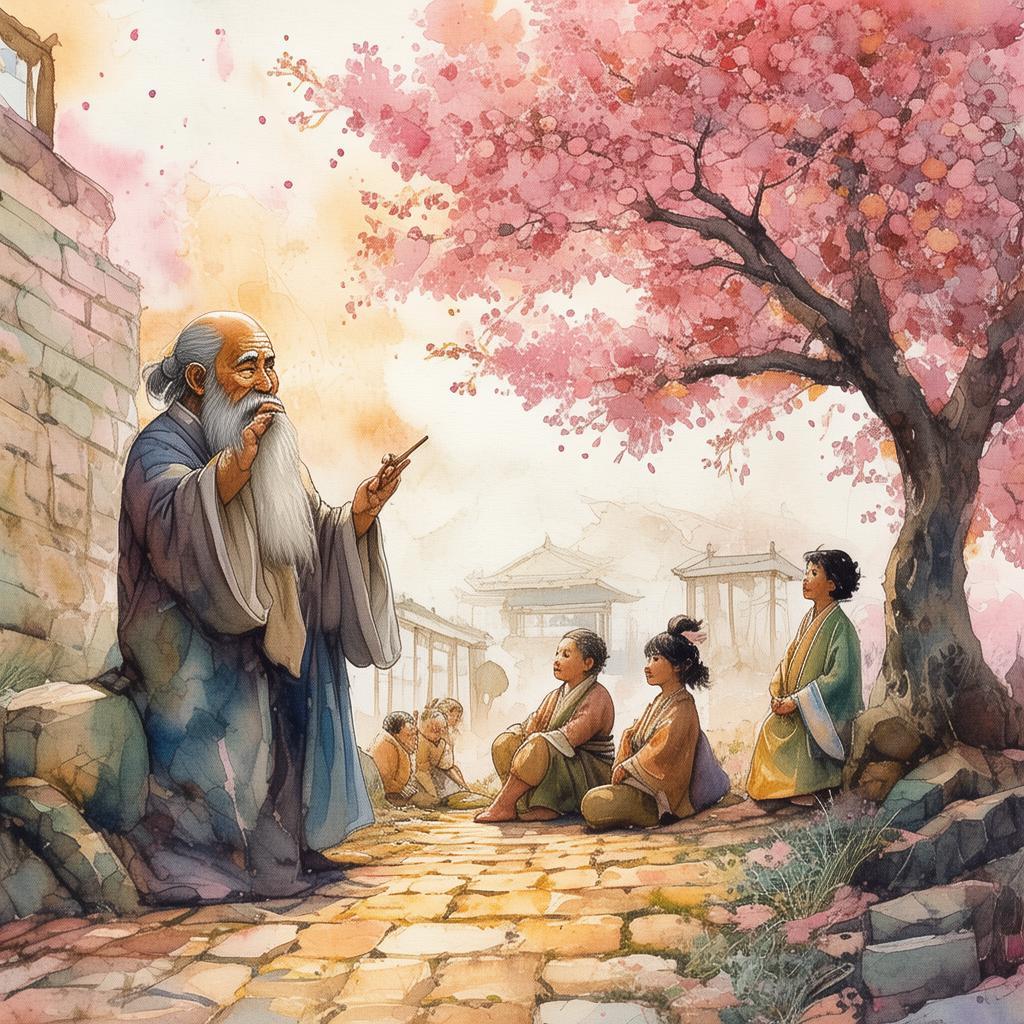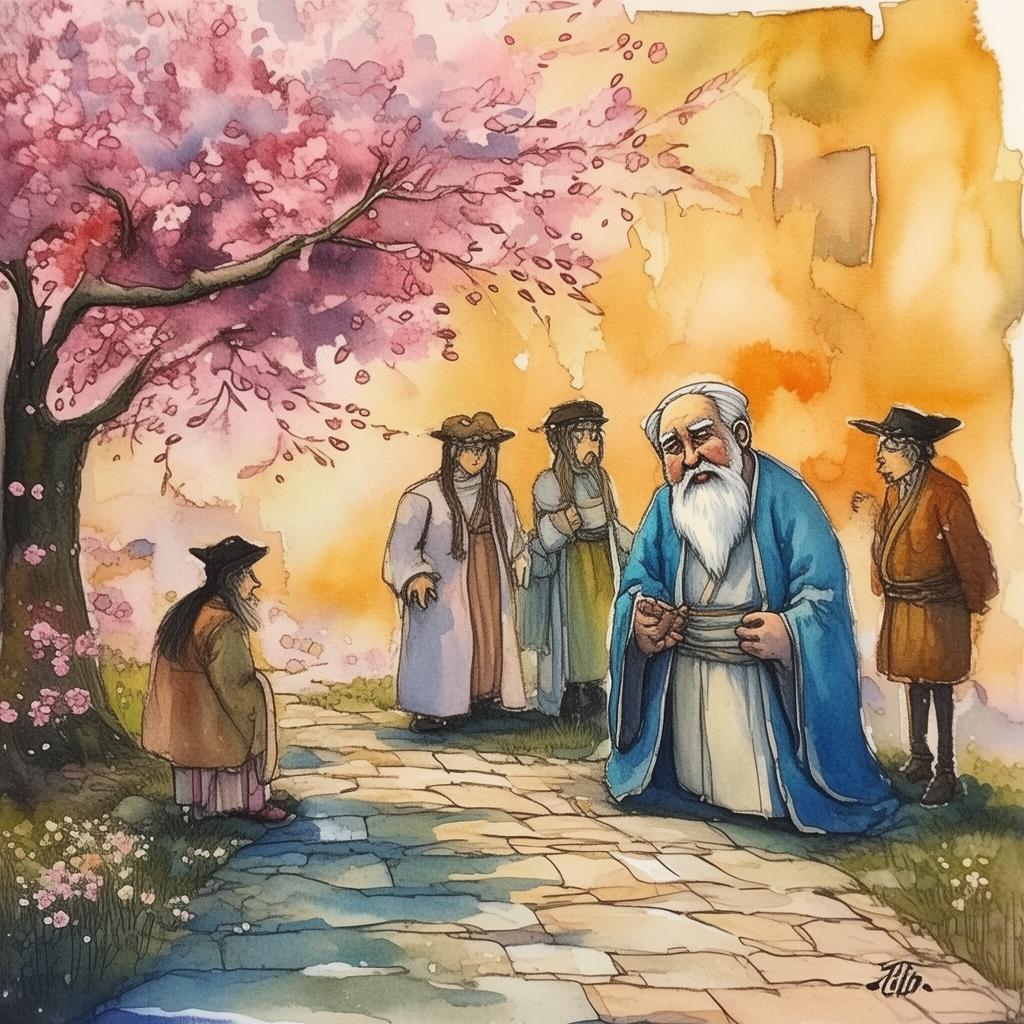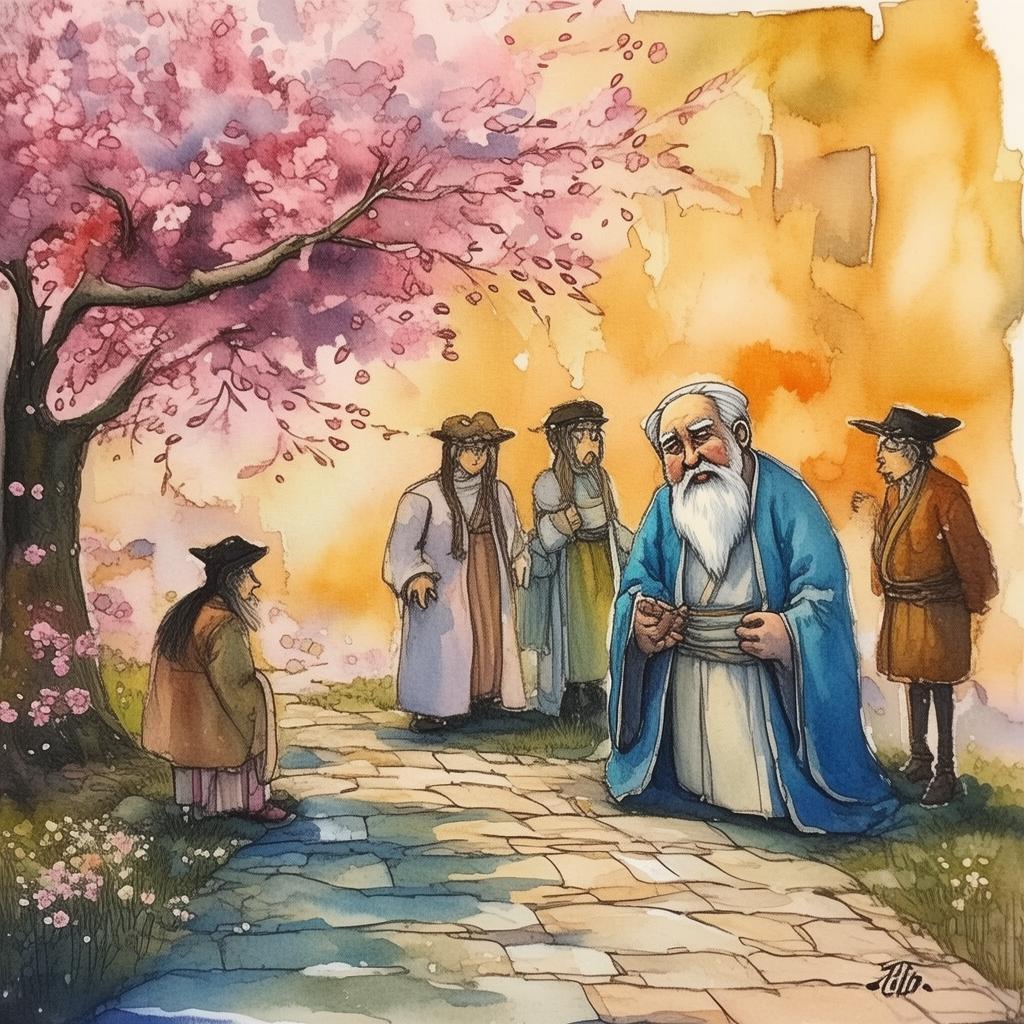The Echo of a Dynasty: The Tale of the Last Emperor
In the twilight of the Qing Dynasty, the last emperor, Puyi, sat in the vast, empty throne room of the Forbidden City. The once bustling palace now echoed with the silence of a bygone era. The emerald dragons that adorned the walls seemed to watch over the man who had once ruled over a vast empire, now reduced to a shadow of its former glory.
The emperor's thoughts were a whirlwind of memories, regrets, and unspoken whispers. He had ascended the throne at the tender age of two, a pawn in the political games of his regents. As he grew, he had seen the empire crumble under the weight of foreign invasion and internal strife. Now, as the last emperor, he was a living testament to the echoes of the past.
One evening, as the moon cast a silver glow over the palace grounds, Puyi wandered into the old library, a place filled with the silent echoes of knowledge and power. The shelves were lined with ancient scrolls and dusty tomes, each a whisper of a time when China was the center of the world.
He pulled a scroll from the shelf, its edges frayed and yellowed with age. The scroll contained the secrets of the dynastic history, the stories of emperors past, and the fates that had intertwined with the destiny of the empire. As he unrolled the scroll, a single character caught his eye: "Echo."
The character "Echo" was a symbol of the past's influence on the present, a reminder that the actions of the past would resonate through time. Puyi's heart raced as he realized that the echoes of his own reign were being felt by the people even in this twilight of the empire.
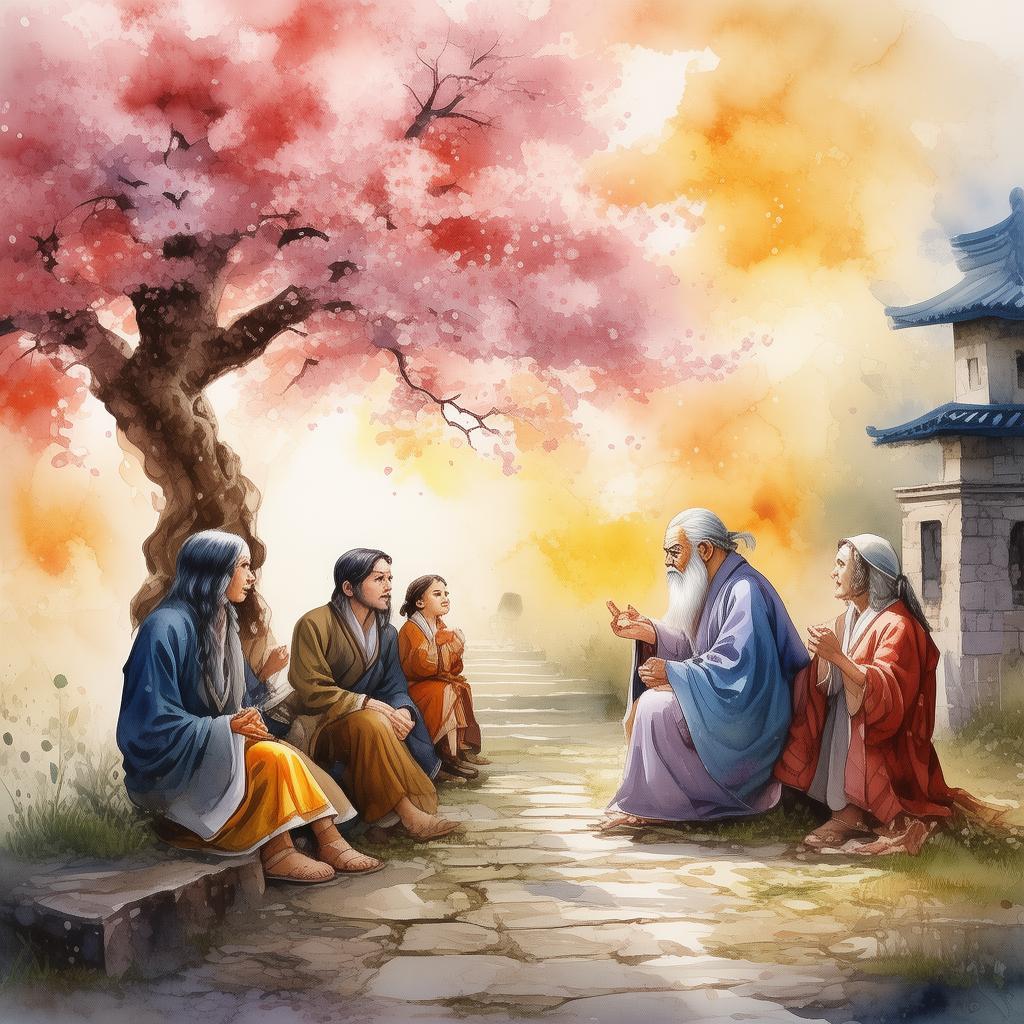
He spent hours poring over the scroll, each word a silent echo of the past. He learned of the great emperors who had come before him, their wisdom, their failures, and their legacies. He saw himself in their reflections, a ruler who had tried to preserve the empire but had ultimately failed.
As dawn approached, Puyi felt a profound sense of clarity. He understood that the echoes of the past were not just the stories of emperors, but the collective memories of the people. The dynasty had fallen, but the echoes of its past would continue to resonate through the hearts of the Chinese people.
With a heavy heart, he decided to write his own testament, a document that would become the final echo of the Qing Dynasty. He poured his thoughts and feelings into the parchment, capturing the essence of his reign and the lessons he had learned.
As he finished the final sentence, Puyi felt a sense of peace. He knew that his legacy would not be one of power or triumph, but of the echoes of a dynasty that had passed. He would be remembered not as the last emperor, but as the one who understood the true power of the echoes of the past.
The document was sealed and placed in a safe within the palace, to be discovered by future generations. Puyi knew that the echoes of his reign would continue to resonate, shaping the destiny of the empire and its people.
Years passed, and the Qing Dynasty was no more. But the echoes of Puyi's reign continued to be felt. The people of China remembered the last emperor, not as a failure, but as a man who had understood the true nature of power and legacy.
And so, the tale of the last emperor became a silent echo, a reminder that the past is never truly gone, but continues to shape the present and future.
✨ Original Statement ✨
All articles published on this website (including but not limited to text, images, videos, and other content) are original or authorized for reposting and are protected by relevant laws. Without the explicit written permission of this website, no individual or organization may copy, modify, repost, or use the content for commercial purposes.
If you need to quote or cooperate, please contact this site for authorization. We reserve the right to pursue legal responsibility for any unauthorized use.
Hereby declared.
